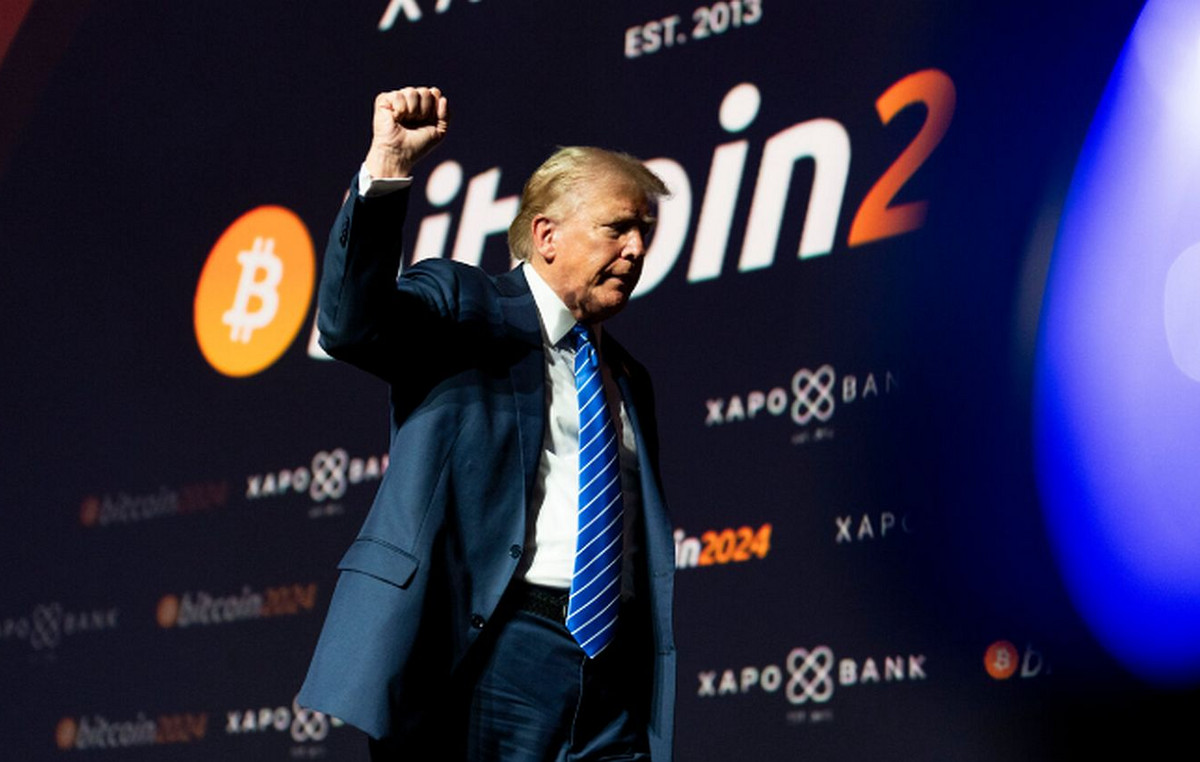Senators Cynthia Lummis and Kirsten Gillibrand have completed work on a new cryptocurrency regulation bill aimed at fully including digital assets in the US financial system.
Bill introduced by Cynthia Lummis and Kirsten Gillibrand offers create a self-regulatory institution that will deal exclusively with cryptocurrencies and digital assets. The document will cancel the distribution to mining companies of the provisions governing the financial activities of brokerage companies. The bill also proposes to transfer more powers to the U.S. Commodity Futures Trading Commission (CFTC) to oversee the cryptocurrency markets.
“This is the starting point for a discussion of what a real cryptocurrency regulation law should look like,” said Miles Jennings, General Counsel of Andreessen Horowitz.
Crypto skeptics believe that the bill submitted to the Senate was the result of an increasing desire of cryptocurrency companies to convince lawmakers that the rules of regulation of traditional finance are not applicable to the cryptocurrency market. In their opinion, the legislative initiative of Senators Lummis and Gillibrand is aimed at obtaining their own instruments of regulatory influence on the cryptocurrency industry and is in conflict with the position of the head of the US Securities and Exchange Commission (SEC). SEC Chairman Gary Gensler has repeatedly stated that the regulation of digital assets falls under the jurisdiction of his agency.
“The problem with creating any digital asset legislation is that most, if not all, falls under existing legislation. Then the question arises: what are you trying to achieve by developing this new law? The effort does not seem to be about bringing clarity, but rather looking for loopholes,” said Ty Gellasch, a former SEC official and director of investor advocacy group Healthy Markets.
In May, SEC Chairman Gary Gensler said that the legislation regulating cryptocurrencies is absolutely transparent and requires the speedy registration of all US crypto companies.
Source: Bits
I’m James Harper, a highly experienced and accomplished news writer for World Stock Market. I have been writing in the Politics section of the website for over five years, providing readers with up-to-date and insightful information about current events in politics. My work is widely read and respected by many industry professionals as well as laymen.







